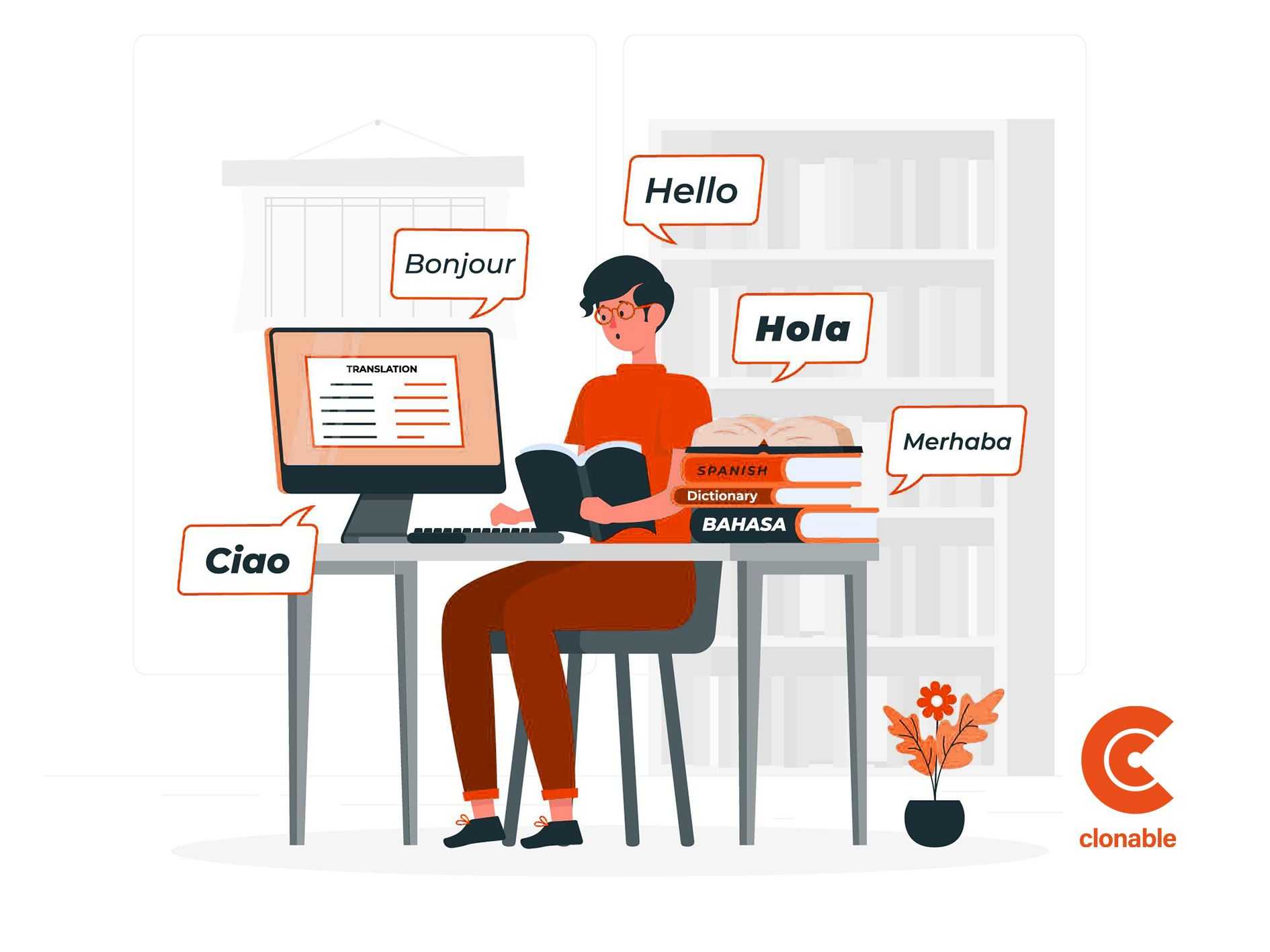Why should you consider smaller languages in your crossborder strategy?
As a European company looking to expand across borders, it is important to consider expanding into markets beyond just the most widely spoken languages in Europe, such as English, Spanish, German, French and Italian. While these languages are traditionally seen as the most practical choices for translation, there are many other opportunities and benefits to be found in expanding into other markets. Smaller languages may seem less attractive at first, but you can really take advantage of them. But how? We explain that further in this article.
Competition
One reason to consider expansion into other markets is that there may be less competition in those regions. By entering a market where there are fewer competitors, a company can differentiate itself and gain a competitive advantage. This can be especially important for niche companies looking for new opportunities and ways to grow their business. For smaller companies, it may seem like a challenge at first because it also involves some additional costs, but it is well worth it in the end.
SEO
Another reason to consider expansion into other markets is the potential for better search engine optimization (SEO). By translating a Web site into languages that are less widely spoken, a company can target specific keywords and phrases that are less competitive but still relevant to their target audience. This can improve website visibility and drive more traffic to the site.

Cost
In addition, expanding into other markets can also result in lower search engine advertising (SEA) costs. In markets where competition for keywords and phrases is lower, the cost of bidding on those terms may also be lower. This can help a company save money on advertising and can improve the return on investment (ROI) of their marketing efforts.
Clonable
In the past, for practical reasons, companies may have chosen to translate their Web sites only into the most widely spoken languages in Europe. The cost of translation and website maintenance was often high, and companies needed to be sure that the ROI of their efforts would be sufficient to justify the investment. But with the advent of tools like Clonable, which can copy, translate and maintain a Web site very quickly and efficiently in more than 25 languages, these practical reasons are no longer so relevant.
In short, as a European company looking to work across borders, it is important to consider expanding into markets beyond just the most widely spoken languages in Europe. There are many opportunities and benefits to be found in expanding into other markets, including less competition, better SEO opportunities and lower SEA costs. Using tools such as Clonable, companies can easily and efficiently expand their reach and grow their business in new and exciting ways.





